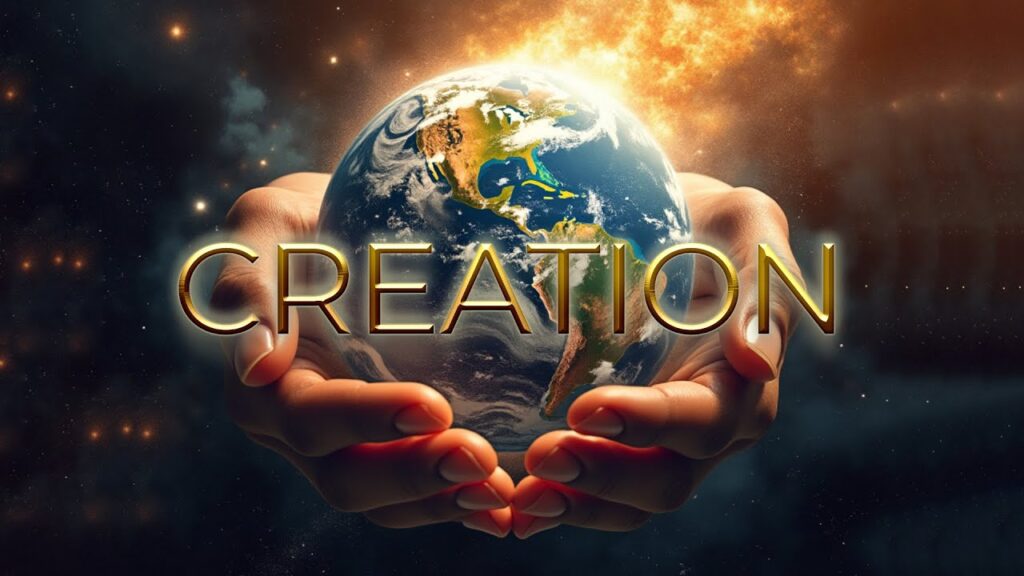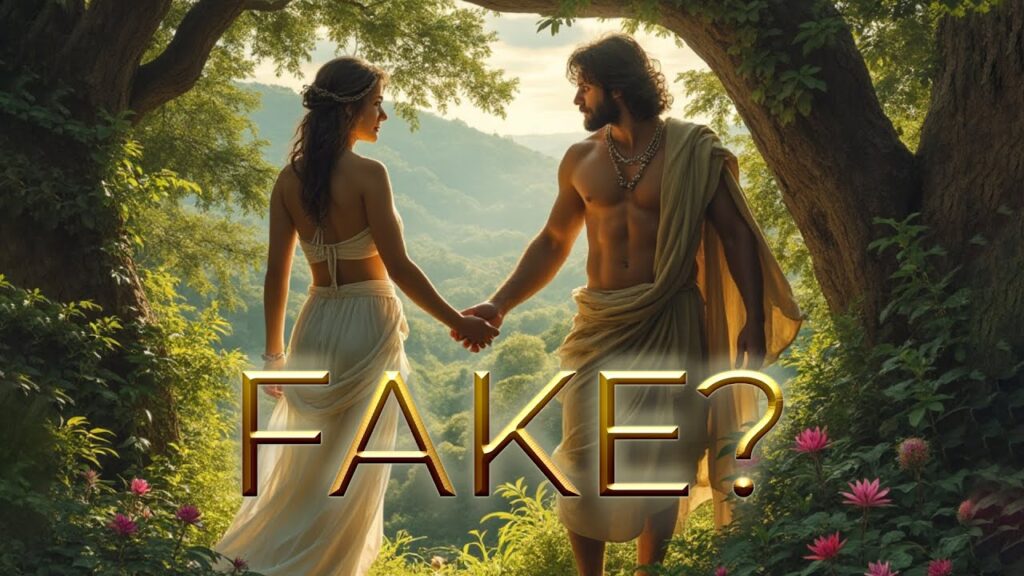Good morning, friends. It’s Alexander from the Ascension Academy. Yes, you read that title correctly: there are 94 books in the Bible. But wait — isn’t it commonly said there are 66 or 73 books, depending on your faith? Protestants count 66, Catholics count 73, but in reality, there’s evidence of 94 books in total. This raises a fascinating question: why so many, and why have some been excluded? Let’s dive into it.
Watch the full video here:
What is the Apocrypha?
The term Apocrypha comes from the Greek word meaning “hidden” or “secret.” Originally, this referred to sacred texts considered too exalted for the general public. In essence, the knowledge contained within these texts was deemed too powerful or advanced for regular people to handle. Over time, these books became controversial, with some resurfacing only about 200 years ago. We’ll circle back to that.
4 Ezra and the 94 Books
One of these hidden texts, 4 Ezra, mentions 94 books. According to it, 24 were designated as the Old Testament and meant for public dissemination, while the remaining 70 were intended only for the wise. This implies that much of the biblical knowledge was never meant for widespread access. Doesn’t this align with Jesus’ teachings? He often spoke in parables, saying things like, “Only those who perceive can truly see, and only those who listen can truly hear.”
This selective sharing of knowledge feels reminiscent of debates today about literal versus symbolic interpretations of scripture. Too often, people take the Bible literally without considering its deeper meanings, leading to misunderstandings and even accusations that Christianity is inherently oppressive. But is it?
The Book of Enoch: A Fascinating Tale
Let’s look at one of the most famous apocryphal texts: the Book of Enoch. Still considered canonical in the Ethiopian Orthodox Bible, it tells a fascinating prequel to the flood in Noah’s time. According to Enoch, 200 angels descended to Earth, mated with human women, and birthed giants called Nephilim. These giants caused chaos, leading God to send the flood to cleanse the Earth. This backstory, mentioned briefly in Genesis 6:1–4, aligns with canonical scripture, yet was excluded from most versions of the Bible. Why?
Many church fathers didn’t understand the advanced knowledge in texts like Enoch. Over time, what they couldn’t comprehend was labeled heresy. Fear of the unknown led to these books being hidden or even burned. Classic human pride at work, isn’t it?
The Deuterocanonical Books
The Catholic Church includes 12 additional books in their Bible, known as the Deuterocanonical Books. These include texts with profound stories and teachings, such as those found in Enoch. But Protestant reformers excluded these during the Reformation, aiming to return to what they believed was the original, purer form of scripture. This was influenced by factors like language (Greek vs. Hebrew) and debates over authenticity. Again, humans deciding what should and shouldn’t be considered the Word of God.
The Return of Hidden Knowledge
The Book of Enoch resurfaced in 1773 thanks to Scottish explorer James Bruce, just before America’s founding. Coincidence? Or divine timing? Jesus himself referenced ideas found in Enoch, such as the “Elect One,” mentioned 14 times in Enoch and echoed in the New Testament. For example, in Luke 9:35, during the transfiguration, God’s voice proclaims Jesus as the “Elect One” (Greek: eklegomenos).
Could it be that these lost books were meant to reemerge in our time? Maybe now, with tools like AI and higher levels of consciousness, we’re better equipped to understand their teachings. The return of these texts feels like a nudge from God, urging us to explore the deeper layers of His wisdom.
Why Were These Books Banned?
It’s clear that pride played a significant role. Early religious leaders and political figures feared these texts would challenge their authority or confuse the faithful. The fear of losing control led to censorship. But as we’re discovering, these hidden texts often align with canonical scripture, offering deeper insights rather than contradictions.
For instance, the Dolores Cannon books, which delve into subconscious and higher consciousness, seem to complement the knowledge found in the Apocrypha. Whether through hypnosis or divine inspiration, these works touch on themes echoed in these ancient texts. It’s as if humanity is finally ready to ascend to a higher understanding.
Final Thoughts
The rediscovery of these hidden books feels like a divine call to expand our understanding. Could it be that these texts were always part of God’s plan, meant to be revealed when humanity was ready? Maybe it’s heretical to even ask, but isn’t it worth exploring? After all, pride is the root of all sin, and it’s pride that kept this knowledge from us for so long.
Thank you for joining me on this journey. Whether this resonates with you or not, I hope it’s given you food for thought. Until next time, stay curious, stay humble, and seek the truth.


